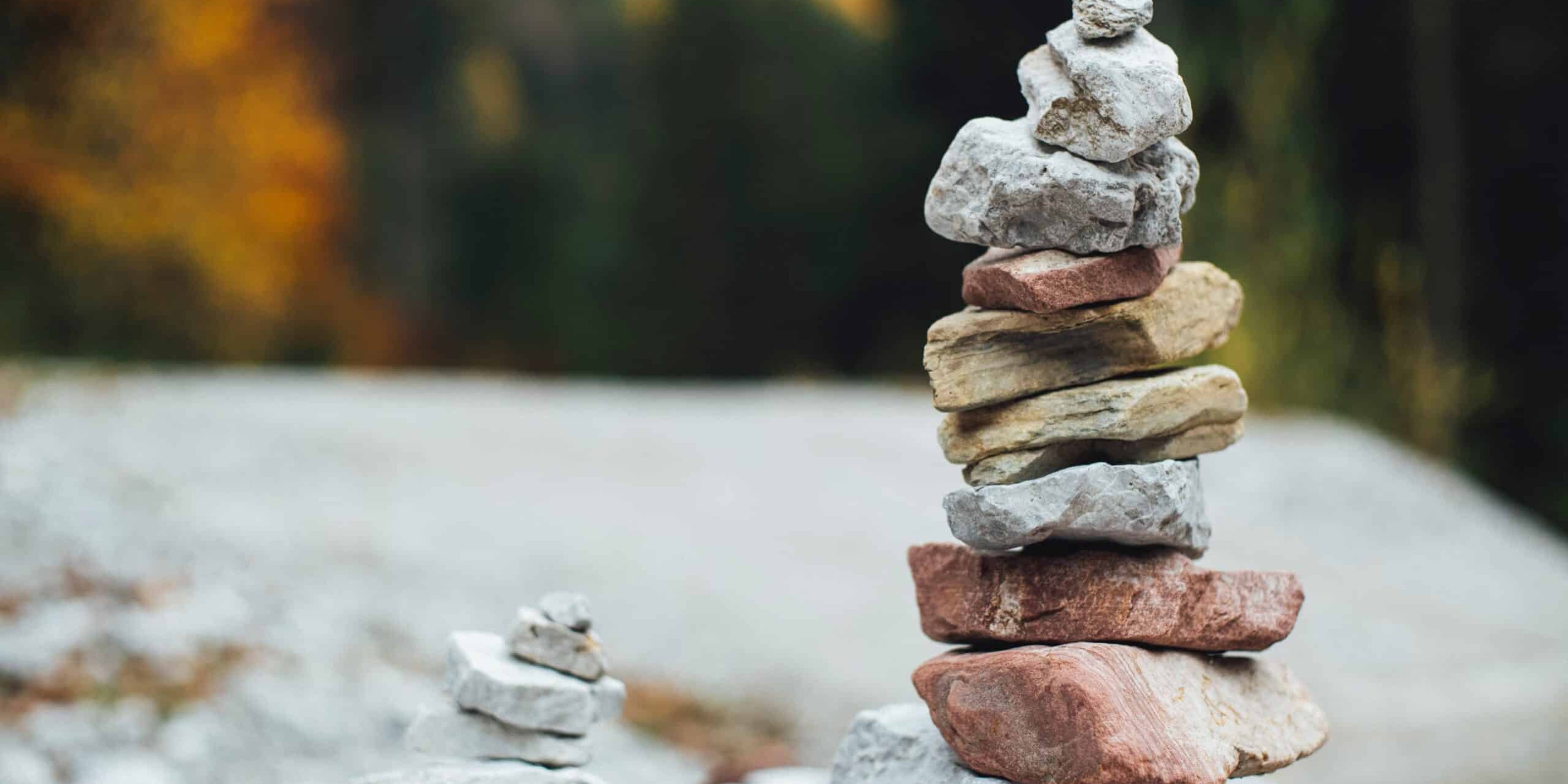January 27, 2021
The Hills We Climb
By Dr Kathy Weston

Reflect
The snow will no doubt have dazzled you and your family over the past weekend. Snow somehow gives us permission to enjoy ourselves with abandon and to seize the moment, before opportunity fades.
With snow around, there is little else to do except play. It is always an uplifting, yet calming sight, to look out of one’s window and see white blanketing the landscape. As a country, we continue to endure a lot. But, occasionally, something happens that stops us in our tracks, like the snow falling on our homes, or the sight of a young woman, dressed in yellow against a blue sky, reciting a poem, with the courage of a lion.
I tuned into Biden’s inauguration during a lunch break and stumbled across Amanda Gorman’s recital of her poem The Hills We Climb. It was mesmerising. I was astonished by her calm demeanour and the control she exuded. Surely, few individuals could muster the courage to perform such a lengthy and thematically complex poem in front of the entire world, with such measure and confidence.
She didn’t wobble. She was determined that every one of her words should reach us and be digested. She wanted to make sure that we understood every line and that we accompanied her as she petitioned for unity and hope. She posed a question, asked by all of us during this pandemic, and which will have resonated across nations; “where can we find light in this ever-lasting shade?”
Motivate
On the domestic front, I have been working hard on focusing parents’ minds on strategies for finding light within our own situation. This lockdown has seen significant increases in mental health problems among parents and children.
Families are juggling work, school and family life whilst wondering when the light at the end of the tunnel will actually emerge. The metaphor of ‘putting one’s own mask on first’ has never mattered more than now.
We owe it to ourselves, and our children, to ensure that we are well supported emotionally. Self-care is a phrase now so overused, that it is often simply synonymous with long baths and getting a good night’s sleep. In reality, self-care should feel like a dynamic, rich and thoughtful process. It begins with listening, really listening to what your body is telling you and how your thoughts are making you feel and proactively moving away from that which is draining or depleting.
It is a a self-protective process. It doesn’t accept guilt, is dismissive of your attempts to describe yourself as ‘failing’ and encourages self-compassion. It reminds each of us of our authentic selves, full of good motives and a kind heart. Self-care ensures that we are surrounded by allies and that we have the courage and strength to remove ourselves from situations and relationships that are diminishing our joy or potential.
Support
We all need to be uplifted and should actively seek things that move us towards meaning-making and hope in our lived experience. Poetry, music, art and dance are powerful mood-enhancers; helping us feel more like ourselves and more connected to others.
They can move us from monotony and hopelessness, into purpose and positivity. There is a vast body of literature on coping and crisis, which spans decades. It reassures us that there is meaning in every personal crisis and that crises, although difficult, can instigate positive change.
Humility can play a powerful role in guiding us through life’s challenges and can inject our own situations with much-needed perspective. It is Holocaust Memorial Day today; a day that should be recognised and discussed within family life. In remembrance, the Jewish Museum London is hosting a virtual object talk today about Leon Greenman’s Model of an Auschwitz Prisoner, which could provoke valuable conversation with your children.
Psychiatrist and Holocaust survivor, Viktor Frankl’s, seminal work, Man’s Search for Meaning, is worthy of a re-read, and discussion with older children. Everyone can learn something from this extraordinary testimony of courage, recovery and resilience. The line, “when we are no longer able to change a situation, we are challenged to change ourselves,” reverberates through time and experience.
His words nudge us towards a mindset for active coping; deciphering between what can be controlled and that which is truly beyond our agency or influence.
Are you a Tooled Up member?
We are facing an unprecedented test of individual and family resilience. Parents and staff in Tooled Up schools can enjoy some interactive and supportive, Q and A sessions with me this week.This coming Sunday (31 Jan), join me for my ‘Parenting Through a Pandemic’ live webinars. I aim to answer any question related to parenting, family life or education. Register for either, or both, of the sessions, each lasting 40 minutes: 7pm for parents of teens and 8pm for parents of primary age children.